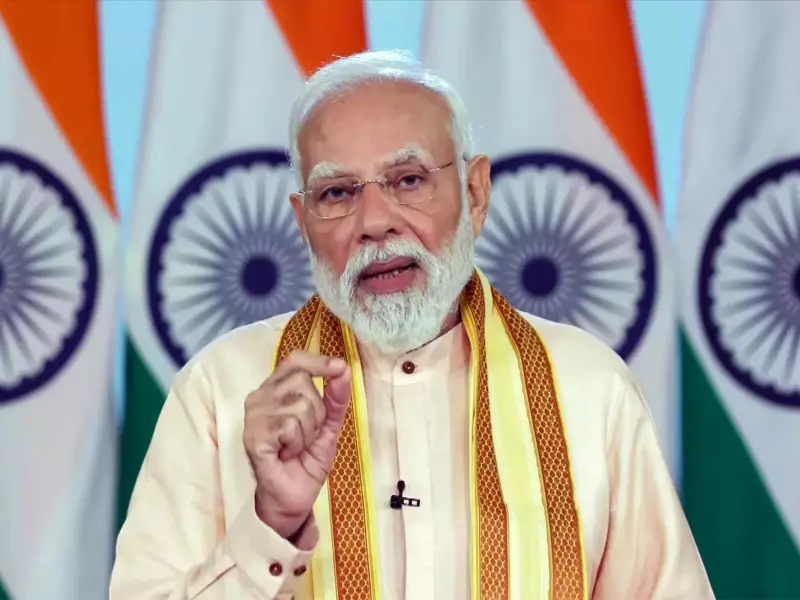
The Delhi High Court has directed Delhi University to submit its formal objections regarding delayed appeals filed against a previous court order concerning the disclosure of Prime Minister Narendra Modi's educational qualifications. The division bench has allowed the university three weeks to prepare its response.
Court Proceedings and Timeline
A bench comprising Chief Justice Devendra Kumar Upadhyaya and Justice Tushar Rao Gedela issued the directive on Wednesday while addressing applications seeking condonation of delay in filing appeals. The court acknowledged there was a delay in submitting these appeals that challenge a single judge's August order.
Solicitor General of India Tushar Mehta, representing Delhi University, requested the court not to issue formal notices in the appeals at this preliminary stage. The law officer stated he would thoroughly review the pleas and file appropriate responses to the delay condonation applications.
The court has established a clear timeline for the legal process: Delhi University must file its objections within three weeks, after which the appellants will have two weeks to submit their responses. The matter has been scheduled for further hearing on January 16, 2026.
Background of the Legal Battle
Four separate appeals have been filed challenging the single judge's order that set aside the Central Information Commission's decision directing disclosure of Prime Minister Modi's bachelor's degree details. The appellants include Right to Information activist Neeraj, Aam Aadmi Party leader Sanjay Singh, and advocate Mohd Irshad.
During the proceedings, the petitioners' counsel argued that fundamental errors exist in the single judge's order. The legal dispute originated from an RTI application filed by Neeraj, which led to the CIC's December 21, 2016 decision allowing inspection of records of all students who cleared the BA examination in 1978 - the year Prime Minister Modi graduated.
Previous Court Ruling and Rationale
On August 25, the single judge had overturned the CIC order, emphasizing that holding public office doesn't automatically make all personal information subject to public disclosure. The court ruled that no implicit public interest existed in the requested information and clarified that the RTI Act aims to promote government transparency, not provide material for sensationalism.
The judge further observed that educational qualifications don't constitute statutory requirements for holding public office or discharging official responsibilities in this case. The court described the CIC's approach as thoroughly misconceived, noting the situation might have been different if specific educational qualifications were prerequisite for the office.
The single judge's combined order addressed six petitions, including Delhi University's challenge against the CIC directive. While the university sought to set aside the CIC order, it expressed willingness to show relevant records to the court. The high court also set aside a similar CIC order concerning former Union minister Smriti Irani's school records.





